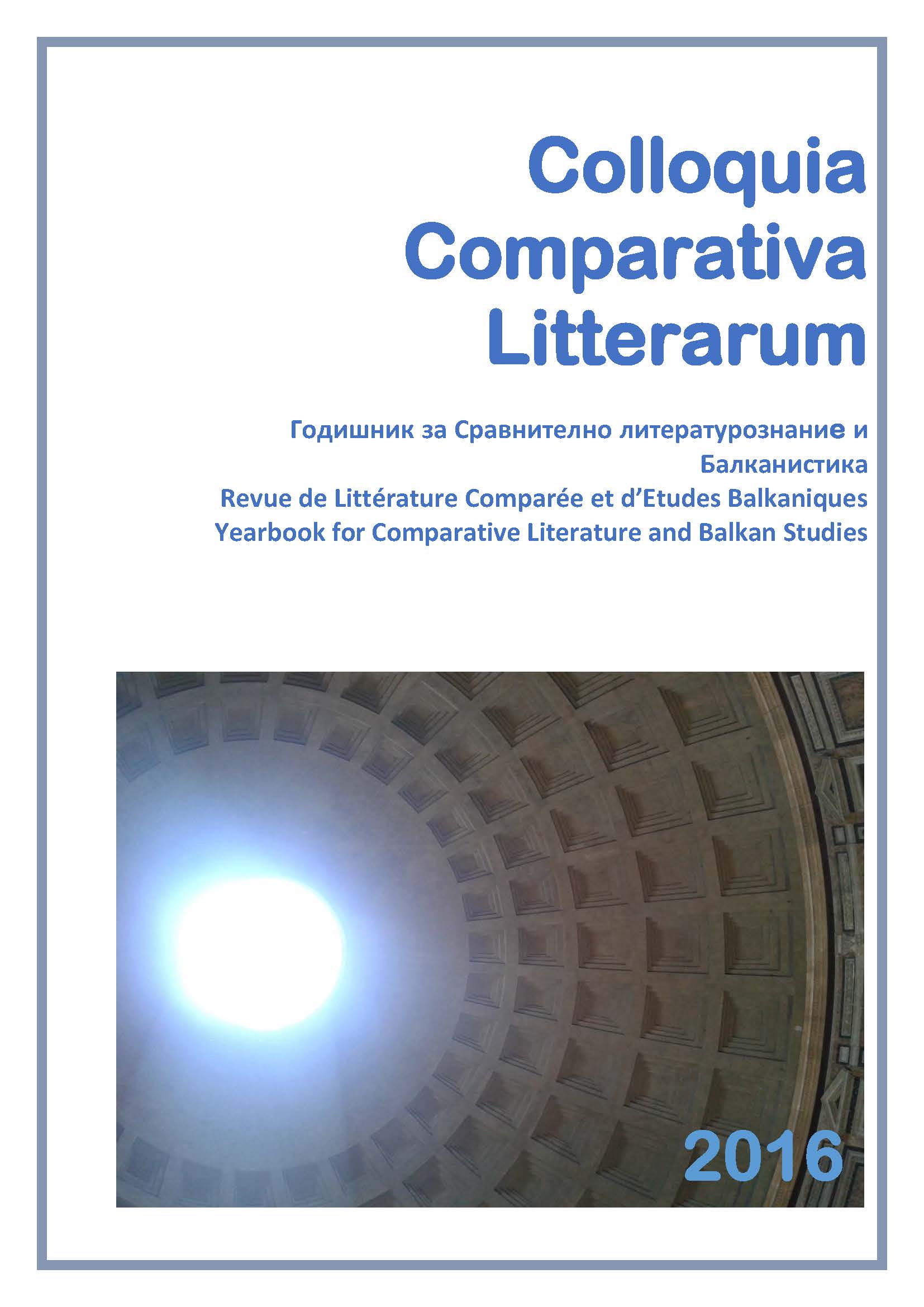Електронни списания, престиж и икономически аспекти в издаването на научни списания
Electronic Journals, Prestige, and the Economics of Academic Journal Publishing
Author(s): Steven Tötösy de Zepetnek, Joshua JiaSubject(s): Language and Literature Studies, Economy, Studies of Literature, Philology, Theory of Literature, ICT Information and Communications Technologies, Business Ethics
Published by: Софийски университет »Св. Климент Охридски«
Keywords: Electronic Journals; Prestige; Economics of Academic Journal Publishing
Summary/Abstract: In their article "Electronic Journals, Prestige, and the Economics of Academic Journal Publishing" Steven Tötösy de Zepetnek and Joshua Jia discuss the current state of the academic journal publishing industry. The current state of the industry is an oligopoly based on a double appropriation model where academics produce work for at no cost only to have publishers earn significant profit margins by selling the work back to academics. Publishers are able to do this given the price inelasticity and weak bargaining power of its main consumer, university libraries. Publishers' ability to increase prices is also supported by what the authors term as the "prestige multiplier effect" and the "prestige crowd-out effect" which means the tendency for libraries to cut small publishers as large publishers raise prices because large publishers are more prestigious. To date, the usage of electronic journals has not changed this general model. Tötösy de Zepetnek and Jia argue that in order to progress towards a more equitable model of knowledge management allowing for the dissemination of knowledge globally and against the "colonialism of knowledge" a change in attitude and practices is required not only by publishers, but also by academics. Once perception changes and electronic journals obtain prestige, the publishing of scholarship electronically will replace or will be at least parallel to the prestige of print journals.
Journal: Colloquia Comparativa Litterarum
- Issue Year: 2016
- Issue No: 1
- Page Range: 99-123
- Page Count: 25
- Language: Bulgarian

